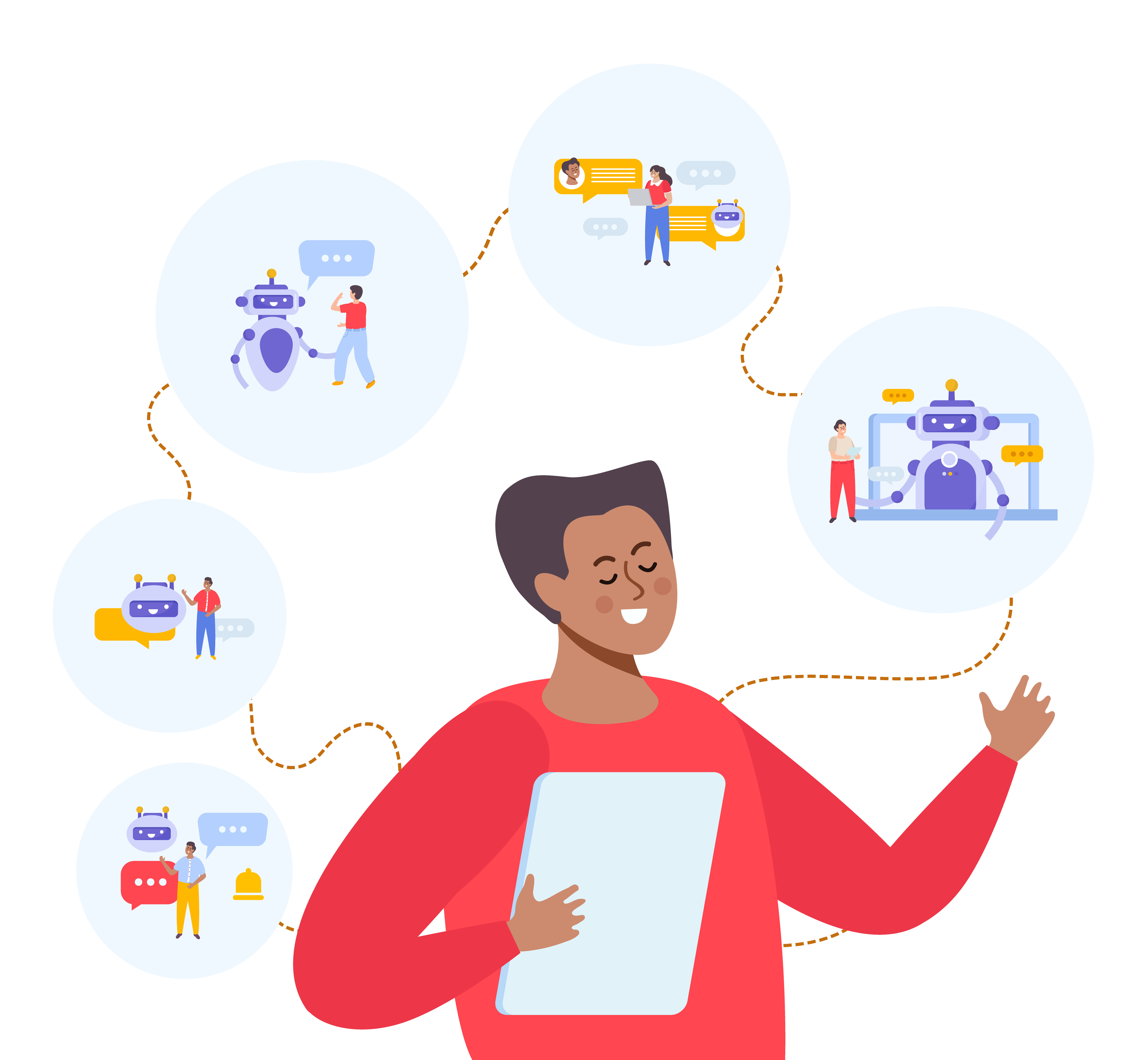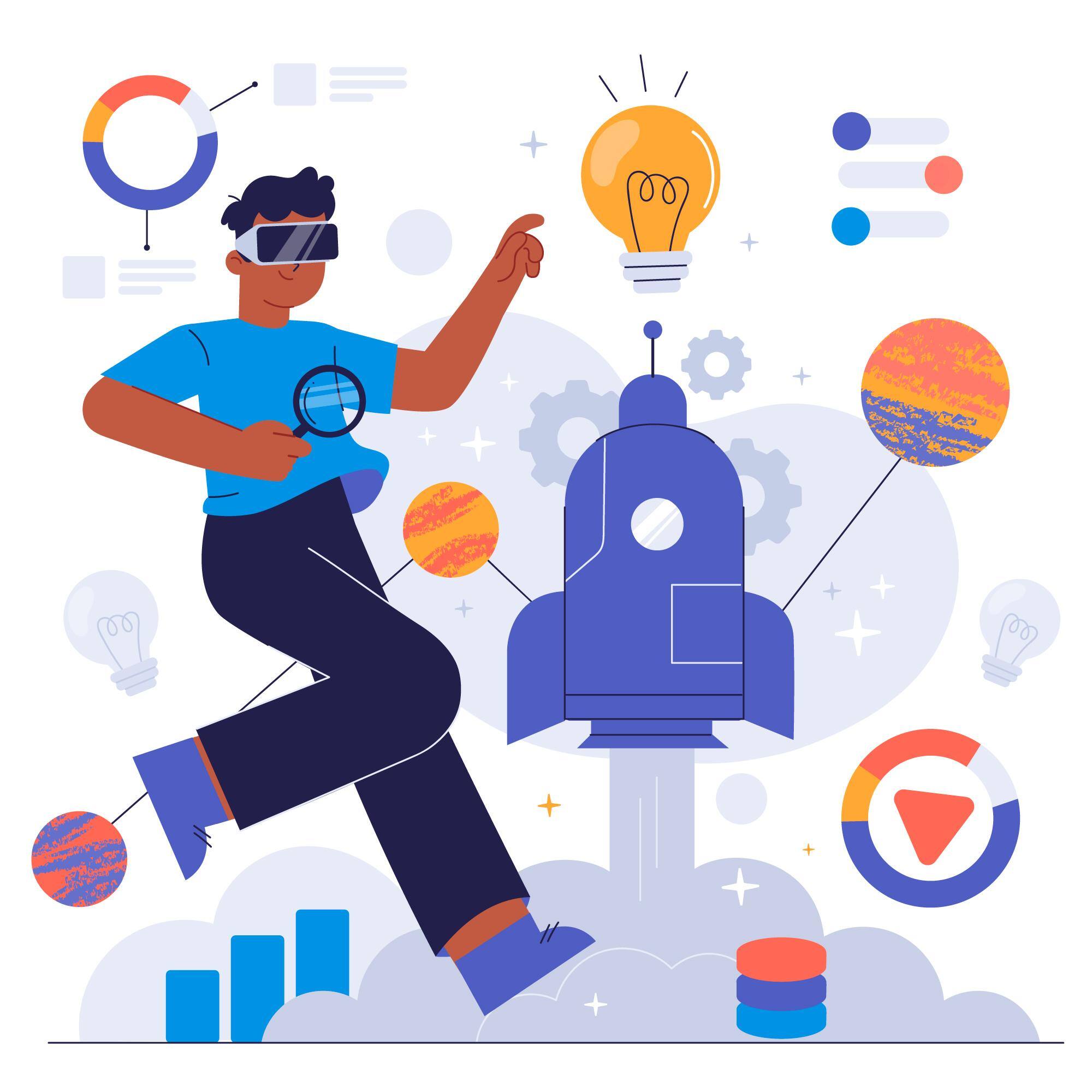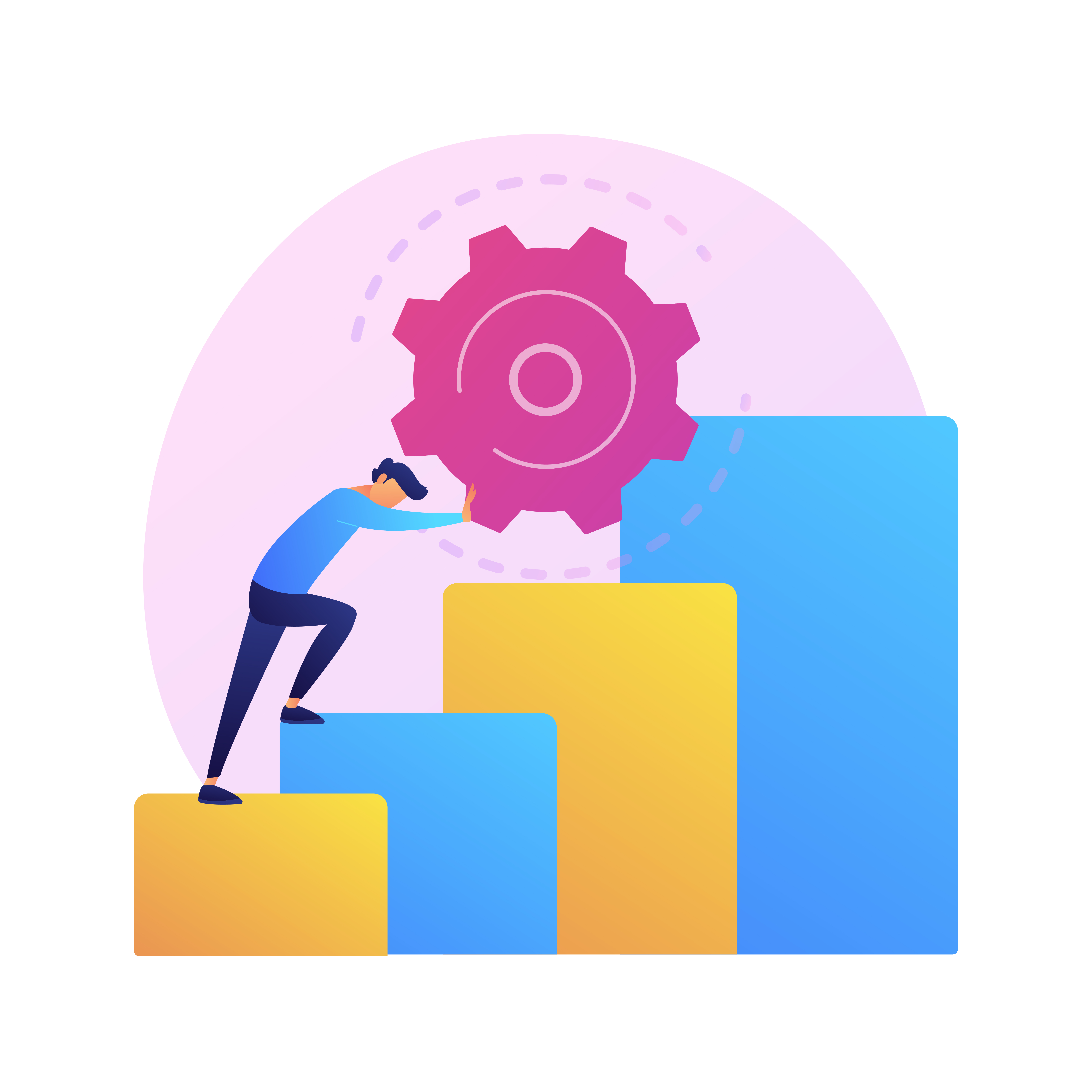Artificial Intelligence (AI) is rapidly transforming the way we work and access information. In the realm of HR, AI can automate tasks, analyse data, and make decisions that only humans have been able to make before.
What are the benefits and pitfalls of using AI, and how should you approach using AI as a tool?
5 Ways AI Can Help
Here are some ways AI can be helpful in boosting productivity within your organisation and within HR:
- Efficiency: AI tools can help you with scheduling, by figuring out times people are available to meet (as well as building in downtime), avoiding clashes and saving time spent coordinating calendars. It can also help to speed up repetitive tasks like resume screening or payroll processing, meaning there is more time in the day to focus on strategic initiatives or projects rather than heavy admin.
- Data-driven decision-making: AI can analyse vast amounts of data far faster than a human can. AI can be used to look over employee data to predict performance and make data-informed decisions about recruitment, training, and development. You could use it to identify skills gaps which need to be bridged, or to suggest the best training paths for your team in terms of learning and development.
- Less bias: AI can be objective, removing unconscious bias which can creep into human decision-making processes.
- Immediate responses: AI chatbots can be used to answer common basic questions potential candidates have about application processes, both providing a more personalised experience and saving time manually responding to basic queries. Often, candidate emails are simply left unanswered, so this also means candidates can have a better application experience.
- Training engagement: AI can be used to create personalised learning paths and provide real-time feedback, resulting in a more enjoyable learning experience for employees.
Challenges When Using AI
- Ethical concerns: bias can still creep into AI systems if there is bias in the data they are trained on. For the time being, human input is still needed to ensure fairness and transparency when using AI.
- Job displacement: this is the most common fear people have of AI. AI automates tasks, some roles may become obsolete. This means upskilling and reskilling parts of the workforce could become necessary.
- AI can be cold and calculating: this objectivity also presents a challenge. AI excels at data analysis, but lacks human warmth, intuition, and emotional intelligence, all of which are crucial in HR.
How to Use AI Fairly
AI is not here to replace HR professionals, but to augment their capabilities and help them to work more efficiently. HR professionals will need to develop skillsets in effectively managing AI systems and data analysis for more informed decision making.
Here are some key questions to consider when deciding how to use AI.
- What tasks are best suited for automation?
- What steps can be taken to make sure AI is used fairly and ethically in HR and in decision-making processes?
- How can you make sure there is transparency in AI-driven decisions, especially in areas like candidate selection and performance evaluation?
- Can the rationale behind AI recommendations be justified to both employees and managers? Fostering trust and understanding will be crucial for employee buy-in.
- Where can AI best serve as a supportive tool for human decision-making? Taking a human-in-the-loop approach is necessary to make sure AI is used in areas it excels, and that human judgement is still used to oversee processes.
A key area where AI tools can already help in HR is learning and development. Using a platform like 5Mins.ai can provide personalised learning paths for employees and help each learner bridge their own skills gaps. We also offer specialised courses on AI and generative AI, to give your team the knowledge they need to leverage artificial intelligence.
To find out more about the training we offer, or to learn how you can use 5Mins.ai to transform learning in your workplace, click below.




